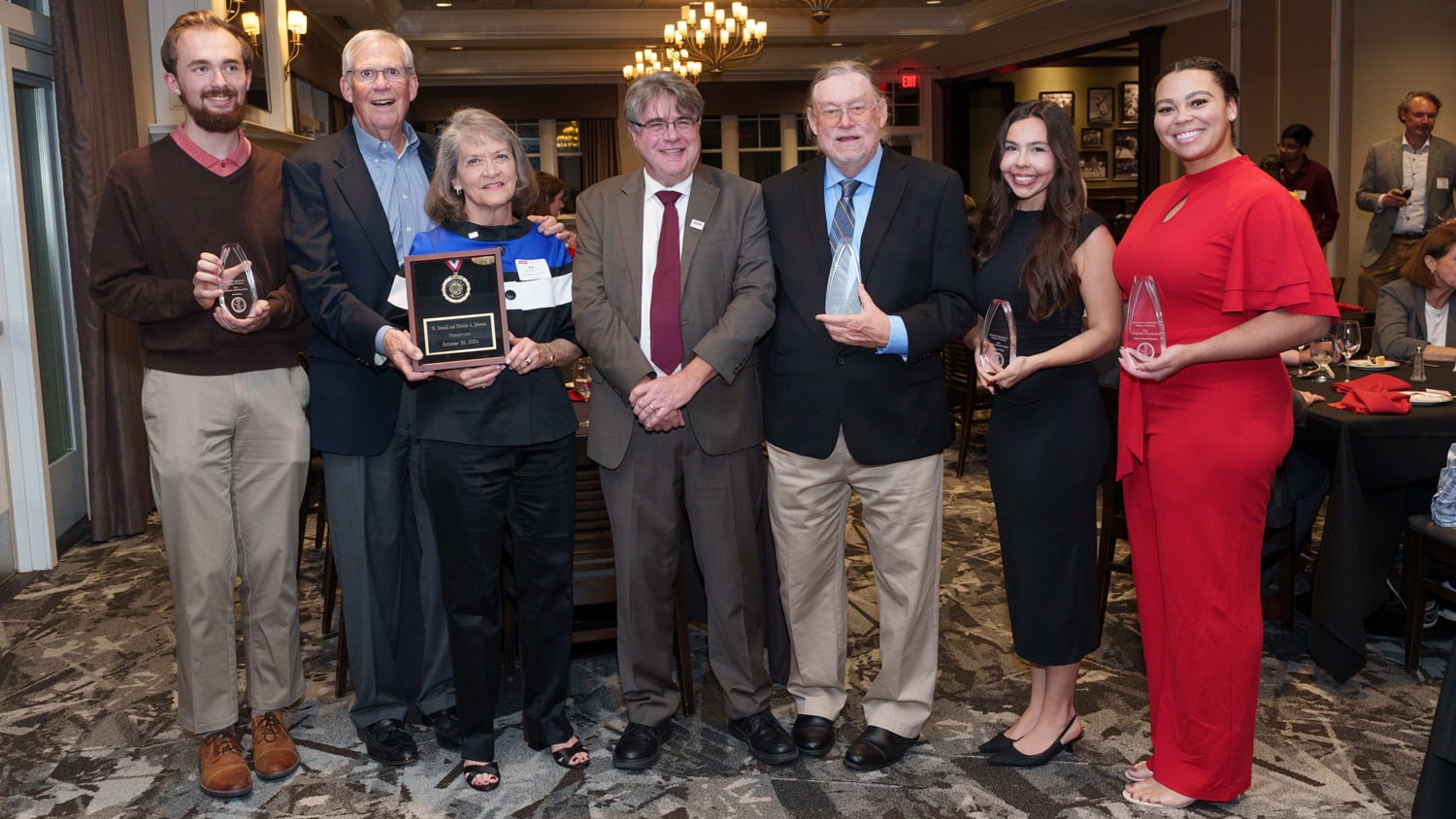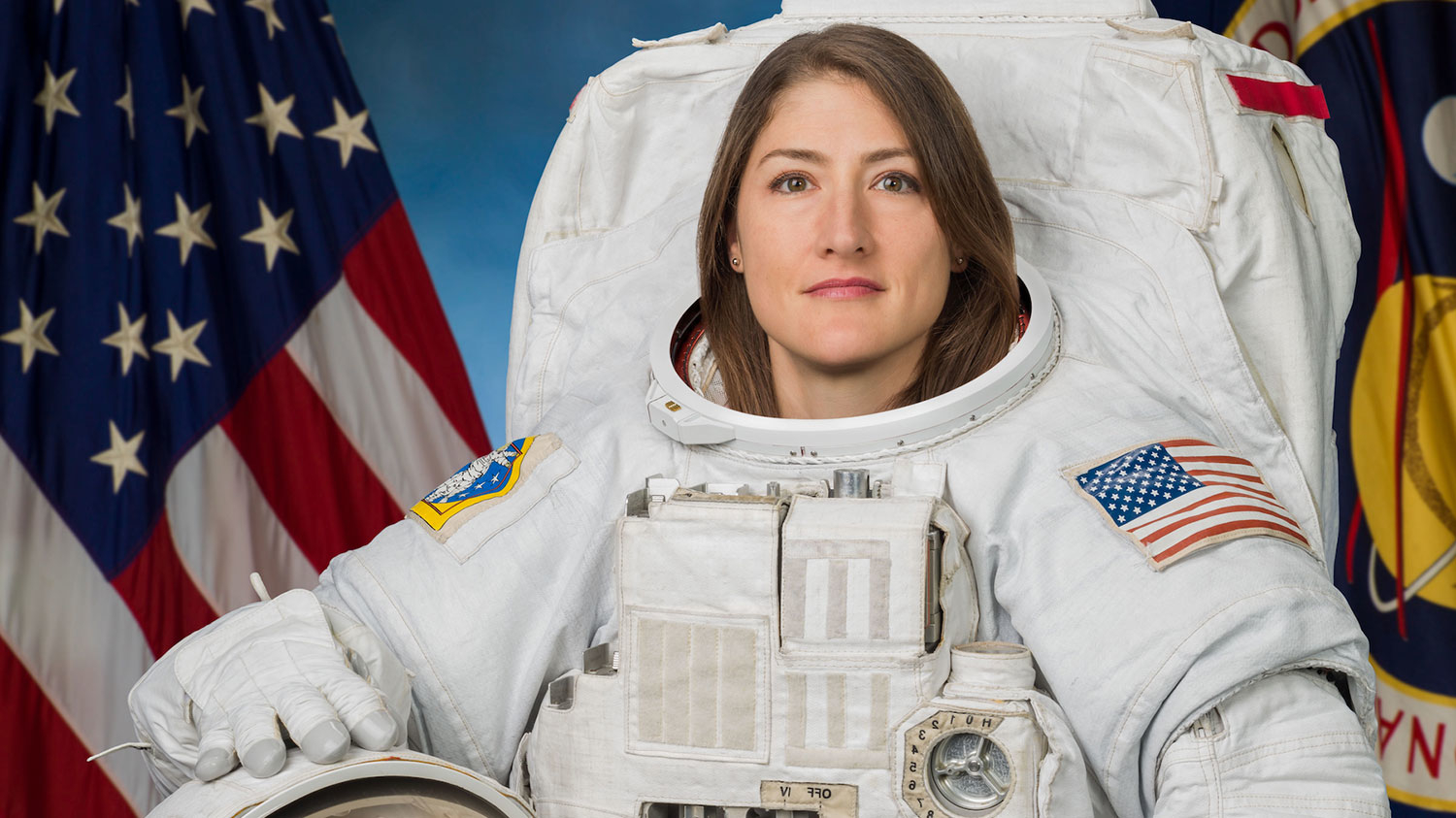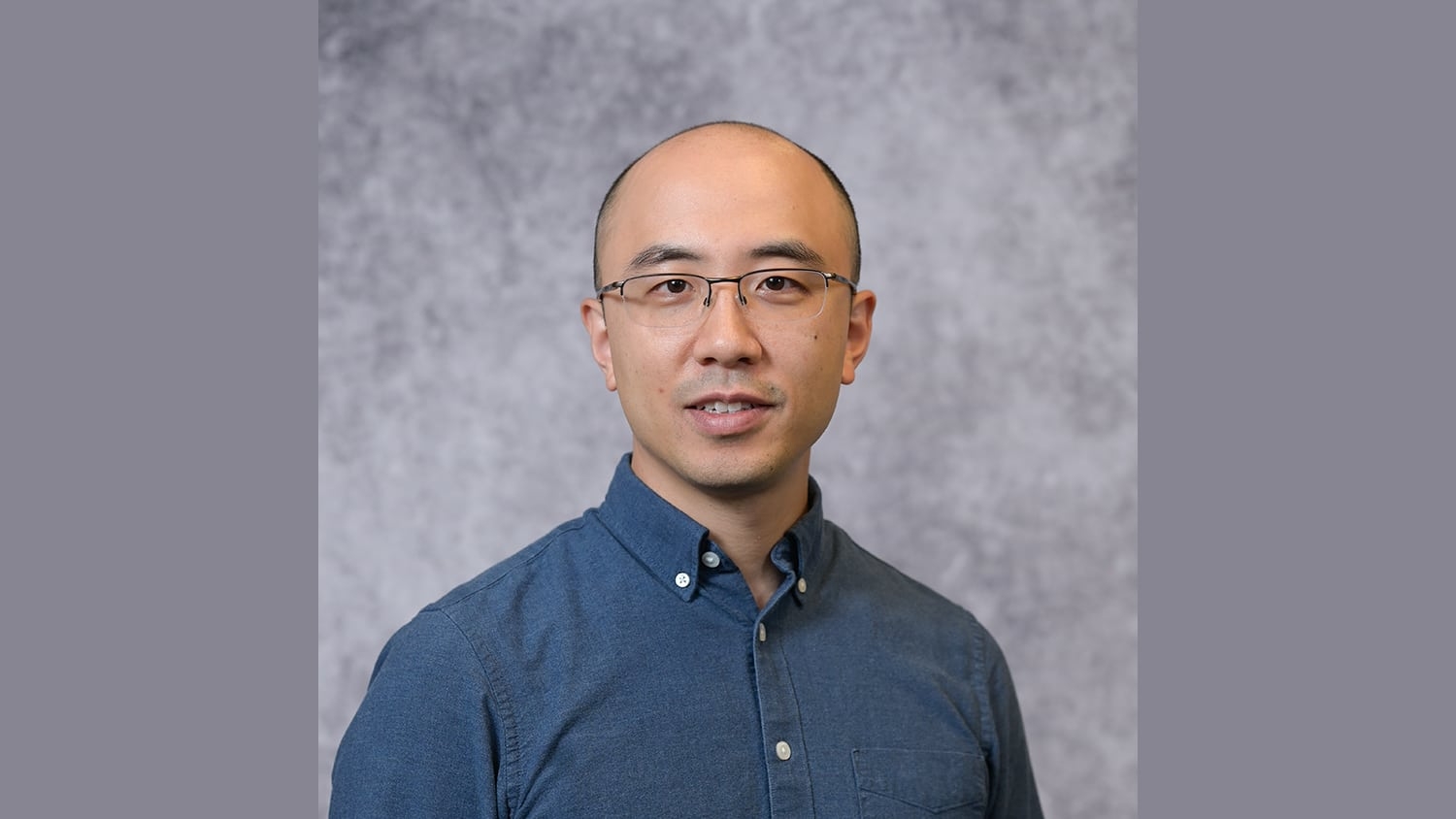Two Carbon Electronics Cluster Members Named to Highly Cited List
The cluster, part of the Chancellor’s Faculty Excellence Program, is also adding two new members in January.

Harald Ade, Goodnight Innovation Distinguished Professor in the Department of Physics, and Aram Amassian, professor in the Department of Materials Science and Engineering, have been named to a list of the world’s most highly cited researchers for the fifth and second times, respectively.
Clarivate’s Web of Science Group, which runs a global citation database, compiles the list each year and recognizes researchers with an abundance of papers that are highly cited by their peers. These papers rank in the top 1% citations for the chosen field and year in 21 fields. Ade was recognized in the Materials Science category and Amassian was recognized in the Cross-Field category.
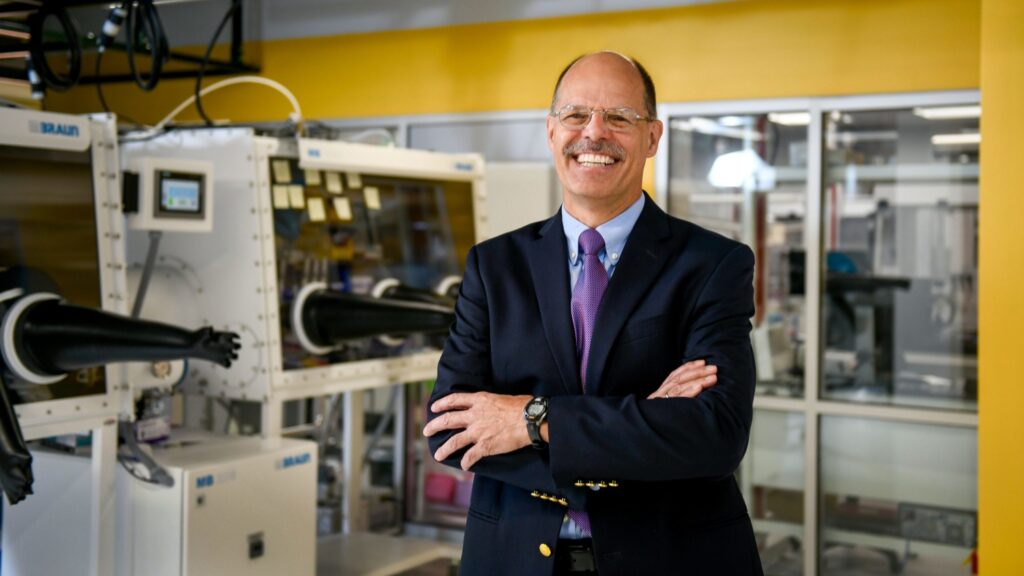
Ade has developed several novel instruments and characterization methods, such as near edge x-ray absorption fine structure microscopy and resonant soft x-ray scattering. He has also been internationally recognized for his interdisciplinary work on understanding the morphology-performance relations and stability of organic solar cells.
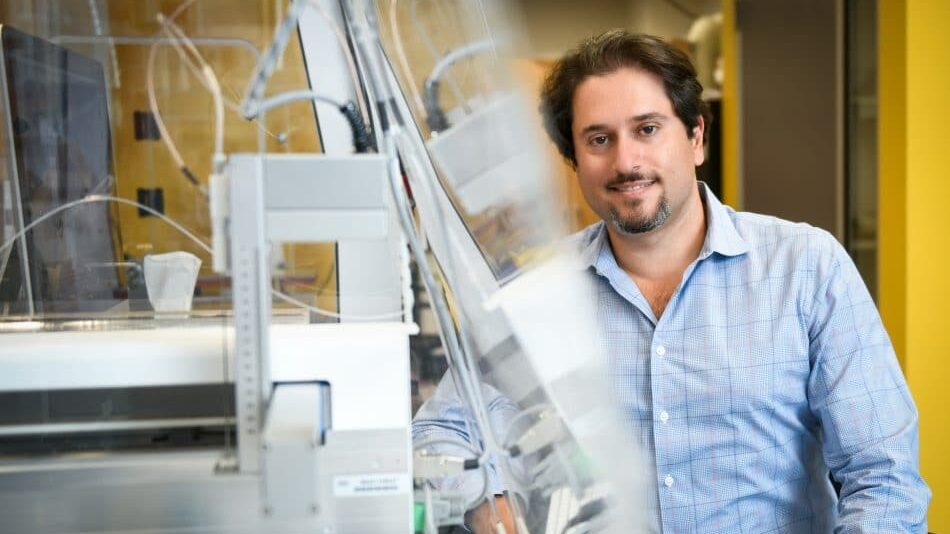
Amassian is a pioneer in advanced characterization during solution-processing of organic and hybrid semiconductor and energy materials used in electronics and photovoltaics. He is known for introducing in situ x-ray and optical diagnostics during spin-coating and meniscus-guided coating processes, and more generally in ink-based thin film electronic, optoelectronic and energy device manufacturing.
Both researchers are members of NC State’s Carbon Electronics faculty cluster, which is part of the Chancellor’s Faculty Excellence Program. The cluster is making interrelated fundamental and applied technology advances that can lead to revolutionary communication and computing approaches, sustainable technologies for combating climate change, including renewable power sources and energy- saving smart windows and solar powered net zero energy greenhouses, as well as smart, scalable and sustainable manufacturing paradigms empowered by robotics and artificial intelligence to support adoption of such technological breakthroughs.
Cluster members will soon be joined by two new hires: Qing Gu, associate professor in the Departments of Electrical and Computer Engineering and Physics; and Ryan Chiechi, associate professor in the Department of Chemistry. They will formally become part of the cluster in January.
Gu’s research activities include the experimental realization of quantum-inspired nanophotonic semiconductor light sources using emerging materials or novel cavity configurations, active and topological hyperbolic metamaterials, and perovskite optoelectronics. Chiechi works on self-assembled molecular electronics and bio-organic materials for energy applications.
Others making Clarivate’s highly cited list from NC State were Rodolphe Barrangou, Todd R. Klaenhammer Distinguished Professor in the Department of Food, Bioprocessing and Nutrition Sciences; Michael D. Dickey, Camille and Henry Dreyfus Professor in the Department of Chemical and Biomolecular Engineering; and Robert W. Heath, Lampe Distinguished Professor in the Department of Electrical and Computer Engineering.
